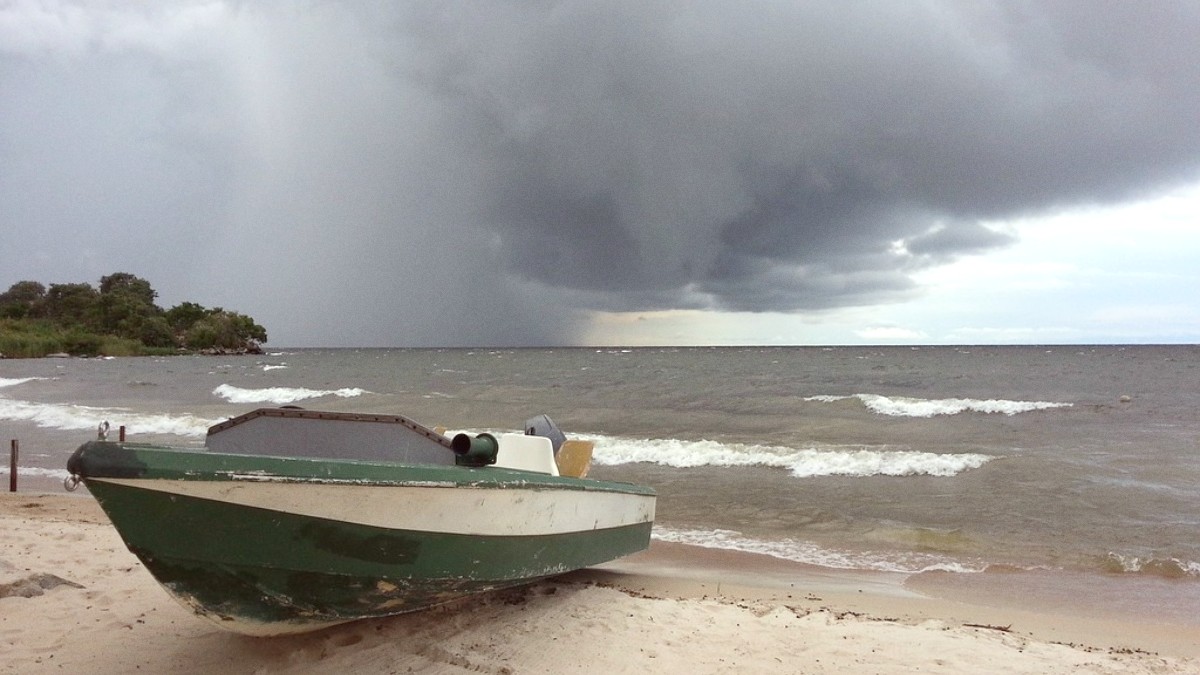
Mwanza Northern Tanzania, Tanzania Travel Guide
Mwanza presents a peaceful counterpoint to the wild plains of the Serengeti. Its distinct charm and adventure await. Discover stunning sunsets, fresh fish dinners, and new experiences around every corner.
Mwanza's location in Northern Tanzania makes it a connection point to the country's renowned northern safari circuit. While not directly within the safari parks, its airport and land connections make it a feasible starting or ending point for those wishing to combine a safari experience with a lakeside retreat.
The proximity to island national parks like Saanane Island and Rubondo Island means wildlife is a short journey away, offering different viewing opportunities. The lake itself forms a significant part of Mwanza's geography, influencing everything from the climate to the local diet. Its waters are a lifeline for millions, supporting diverse ecosystems and human settlements.
Mwanza's history is deeply intertwined with trade, colonial powers, and the development of East Africa. Before European arrival, the area was home to the Sukuma people, who established agricultural and fishing communities along the lake. The lake was a busy route for local trade and transport.
In the late 19th century, German colonialists established a presence in Mwanza, recognizing its strategic importance as a port on Lake Victoria. They built initial infrastructure, including the railway line connecting Mwanza to Dar es Salaam, which facilitated the transport of goods, notably cotton, from the interior to the coast. The famous Bismarck Rock, though a natural formation, acquired its name during this German colonial period.
Sukuma people establish agricultural and fishing communities; active local lake trade.
German colonialists establish a presence, recognize strategic port importance, begin railway.
Mwanza becomes part of British mandate of Tanganyika, continues growth as commercial center.
Tanzania gains independence; Mwanza retains role as regional capital and economic hub.
City reflects layered history, colonial architecture alongside modern, traditional elements remain.
After World War I, Mwanza became part of the British mandate of Tanganyika. Under British rule, the city continued to grow as a commercial and administrative center. The port remained a busy hub, connecting various lake communities and an useful link in the regional economy.
Following Tanzania's independence in 1961, Mwanza continued its role as a regional capital and economic powerhouse. The city has experienced periods of growth and modernization, alongside maintaining its traditional elements. The Sukuma people's culture remains a strong presence, visible in daily life and preserved at the Bujora Cultural Centre.
Today, Mwanza reflects this layered history. You find remnants of colonial architecture alongside modern buildings, and traditional fishing boats share the lake with larger cargo vessels. The railway, though slower, still connects the city to the heart of Tanzania, a testament to its enduring role as a gateway.
Mwanza offers a quieter, more localized experience compared to the safari hubs of Arusha or the beaches of Zanzibar. Visitors find Mwanza a place to slow down, absorb the local rhythm, and witness the daily life of a significant Tanzanian city.
Mwanza offers a diverse range of experiences for visitors. From its distinctive granite rock formations, like Bismarck Rock, to the bustling Mwaloni Fish Market, the city presents a lively picture of Tanzanian life.
Saanane Island National Park, a short boat ride from the city, presents an unique opportunity to view wildlife on an island within a city. The Bujora Cultural Centre provides insights into the traditions and history of the Sukuma people, with engaging displays and performances.
Bismarck Rock and other kopjes dot the landscape, showing nature's artistry.
Experience the bustling Mwaloni Fish Market and traditional fishing culture.
Saanane Island National Park offers unique wildlife viewing, a short boat trip from the city.
Lake Victoria is a central feature, offering scenic boat trips, sport fishing opportunities, and stunning sunsets. The city presents a mix of accommodation options, from budget-friendly guesthouses to comfortable lakeside resorts. Local cuisine heavily features fresh fish from the lake, alongside traditional Tanzanian staples.